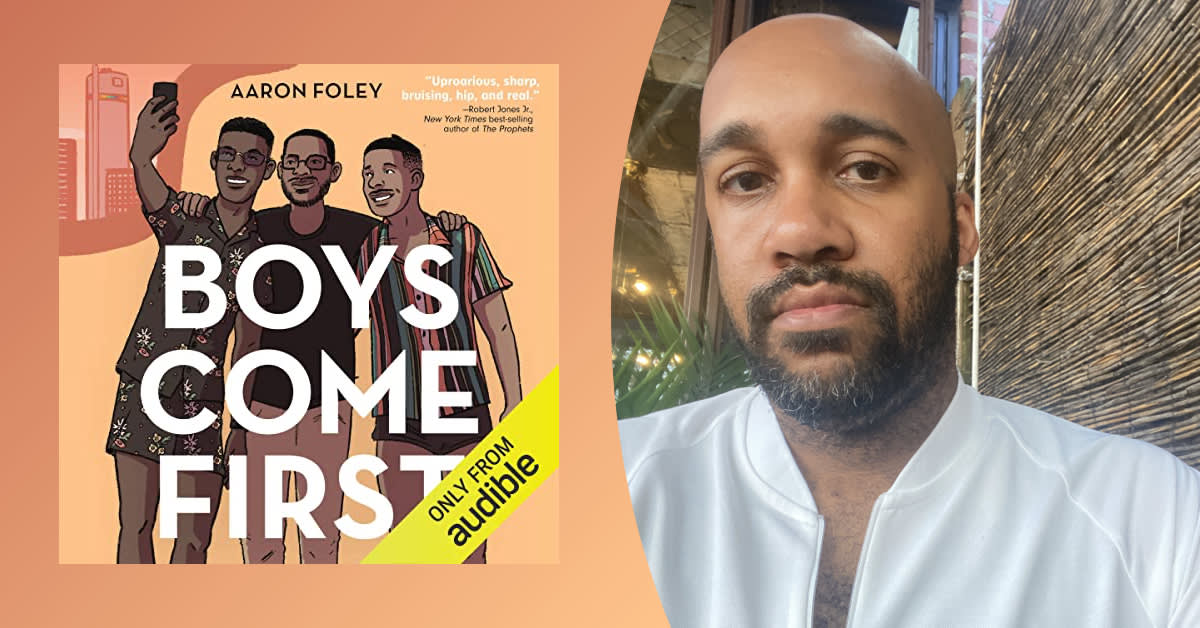“But that year, the one I was born, he was busy in New York City. Wired us money & a name in his stead. Told Mamá to call me Camino.” —Elizabeth Acevedo, Clap When You Land
I have just faint memories of my father prior to my arrival in the US from the Dominican Republic when I was 10 years old. It was also then that I found out my dad had been keeping my two half-sisters a secret. My parents were married and my mom already knew. Why she stayed with him is not a mystery, but that’s another story.
Meeting my half-sisters for the first time was awkward, to say the least. My dad took me where they lived – three blocks away from our apartment. I met their mother, who was nice to me. Vanessa and Stephanie were still dressed in their school uniforms which told me they were in a Catholic private school. I was shy, but perhaps a bit intimidated because they would speak English to each other and I couldn’t yet understand the language. Adding salt to the wound, I had been placed in a nearby public school and was moved down to the fourth grade, from fifth, where I had been in the DR.
When I listened to Elizabeth Acevedo’s Clap When You Land I felt an instant connection. The description alone evoked feelings I hadn’t had in years. It describes the story of two sisters who had been kept a secret from each other by their father; Yahaira in New York, and Camino in Dominican Republic. It hit too close to home.
Camino’s story resounded with me most. Acevedo describes the beauty of the island, devoting verses to Camino’s love for swimming in the warm Caribbean Sea. The Callejon neighborhood where she lives, reminds me exactly of where I grew up. Further, Acevedo portrays Camino’s economic hardship in detail showing us what it’s like to live on the island, something I’m acutely familiar with. In the DR, my mom worked, but really, we survived on remittances from my father and aunts and uncles who had already migrated to the US. Camino has lived with economic insecurity even as her father paid for her schooling, and when she finds out about Yahaira’s existence, Camino is rightfully angry because Yahaira has led a privileged life, while she has had to struggle. I felt the same when I saw my half-sisters attended a private school, while I did not.
Growing up in a household knowing my father had another family caused a great deal of hurt. The betrayal was something I thought I would never let go of, but I had to. Clap When You Land resonated with me in a way that I never expected. Acevedo goes to the heart of the Dominican spirit showing how we grieve, love, connect and ultimately, forgive. I forgave my father. Even weeks after my initial listen, not a day goes by that I don’t think about Yahaira and Camino. —Edwin De La Cruz
——————————————————————————————
“There is always a place where, if you listen closely in the night, you will hear a mother telling a story and at the end of the tale, she will ask you this question: 'Ou libéré?' Are you free, my daughter?"—Edwidge Danticat, Breathe, Eyes, Memory
I was only five years old when I was sent to live with my grandparents in Haiti. That was five years after my mother left Haiti at 19 to come to America, “The Land of Opportunities.” For Haitians, oftentimes success in America for themselves or their children is associated with prestigious titles such as doctor or lawyer. For one reason or another, a better life correlates only to those two professions, and earning any other degrees or taking on professions outside of being an American doctor or lawyer is unimaginable and seen as having no value.
I’m sure when my mother left Haiti, her parents had the same hopes for her but that wasn’t in the cards for my mother, as the realities of life got in the way. When my mother needed help, she would send me back to Haiti until she felt steady enough to send for me to return, which hurt her deeply. The reality is, life doesn’t always go the way in which we or our parents ever imagined or hoped it would. As we live, our experiences change us. The life you knew in Haiti, the dreams and aspirations you once had to the life in the America that you once only imagined — these life experiences will either break you or transform you.
Recently, I listened to Breath, Eyes, Memory by Edwidge Danticat, renowned Haitian-American author. So many memories of the life I lived in Haiti and the culture shock of coming back to America all rushed back as I listened to this book about another child’s journey between Haiti and America. The memories began to flood in: my inability to speak English, the traumas of being teased and bullied in school for simply being me, Haitian. I remember my mother constantly drilling into me that becoming a doctor or lawyer was the only way to escape a life of suffering like she endured. For a better life, we left behind the beauty of our deep blue ocean with fisherman boats anchored along the beach. We would miss the endless stars in the sky and the parades with lavish floats rolling by as music filled the air. We would no longer hear the children running into the streets in their underwear without a care in the world as the rain poured down. Life in America was different.
Edwidge so vividly described real traditions, ideas, and the culture of a place I as a child called home. She remained true to the ideals, emotions, customs, and beauty of Haiti, lovingly known as Ayiti, while also bringing to life what so many Haitians experience when they finally get to America. Completely drawn in by her words, and the many truths that lie behind them, I almost forgot that this was just a work of fiction. —Ruth Neely




